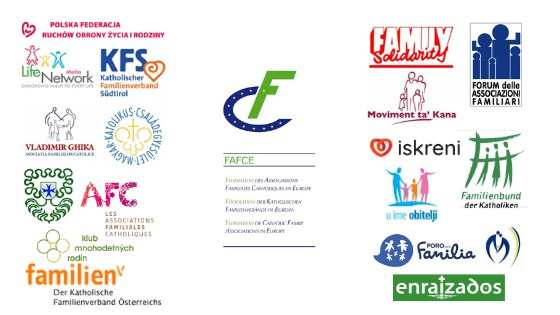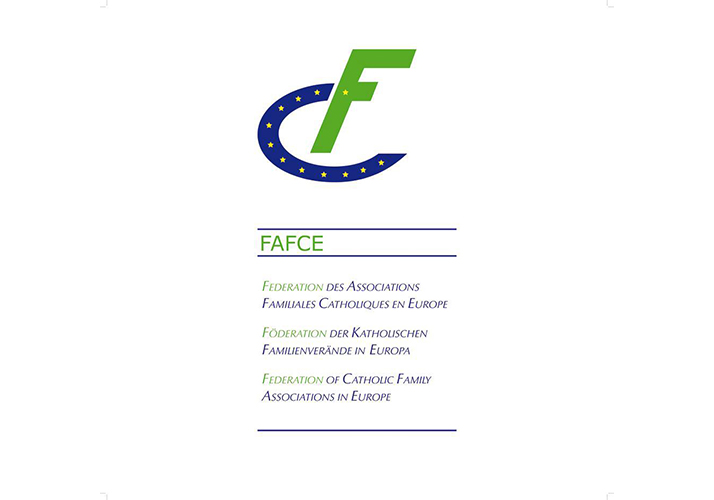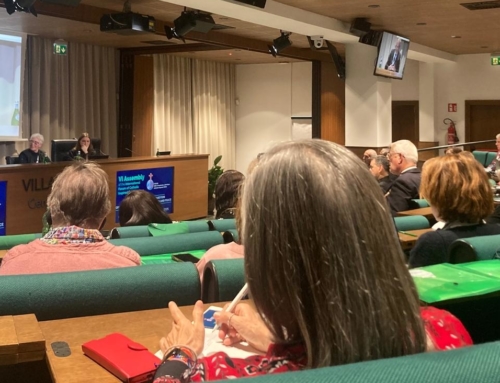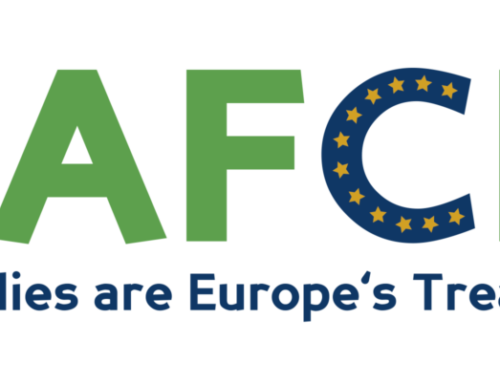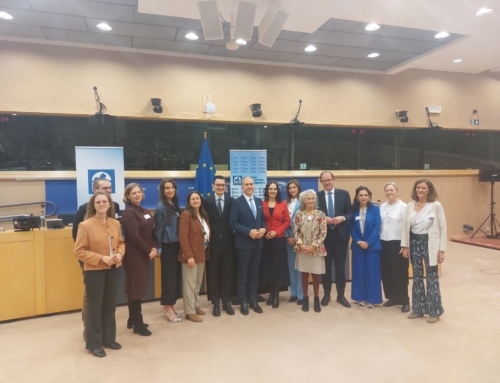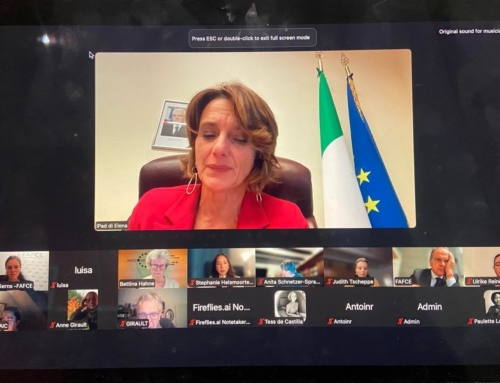FAFCE address to the Hungarian Presidency of the EU on the family and work balance in view of the Trio Presidency and Poland Declaration on the Impacts of Work and Family Life on Demographic Dynamics
Budapest, Wednesday the 30th of March 2011
The FAFCE warmly greets the initiatives taken by the Hungarian EU Presidency aiming at bringing the issue of the role of the family in the society, in particular with regard to the conciliation of family life and work, into the public debate.
Recalling that the family is the natural and fundamental group unit of society and is entitled to protection by society
and the State (Universal Declaration of Human Rights, art. 16.1);
Recalling that family policy is solely the competency of the EU Member States and that to this respect the principle of subsidiarity should be emphasized as each nation has its history and culture that will influence the way families
choose and wish to live in a given country. Further, proximity is key factor to support and help families proximity
through policy making;
Recalling that freedom of choice is necessary for thriving and sustainable families, namely in the area of leave
arrangements for mothers and fathers at the birth of their child and throughout the bringing up of their child(ren);
Recalling that parents are the first educators of their children and have a prior right to choose the kind of education
that shall be given to their children (Universal Declaration of Human Rights, art. 26) and therefore need time
together with their children and support to fulfil their mission and responsibility as parents and educators, namely by
flexible working conditions that take into account the needs of the family;
Recalling that the family provides a space for intergenerational solidarity and as such contributes to the social
network of help and assistance;
Recalling the negative impact of strain and stress related to working conditions and working time allocation on the
stability of marriage;
The FAFCE calls upon the Hungarian EU Presidency to encourage all EU Member States to consider the slogan
‘Europe for Families, Families for Europe’ with regard to the above and in view of recognising the family as the
wealth and future of Europe, not only from an economic point of view but also in terms of transmission of the core
values that are the fundament of Europe: solidarity, unity and peace;
Draws attention to the European Social Charter and its recommendations on family life and work balance, calling on
all Member States to commit to implementing the Charter, particularly highlighting its articles 8, 16, 19 and 27;
Emphasizes that ‘family first’ is key to balance between family life and work, and that family life must help design
working conditions rather than working conditions dictating the choice to found a family. This perspective is crucial if
Europe wants to face the future with confidence, in particular for the generations to come.
